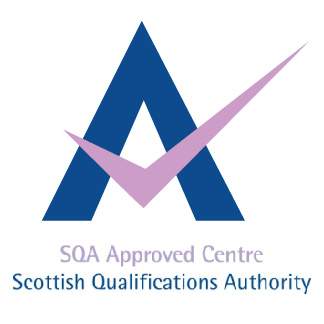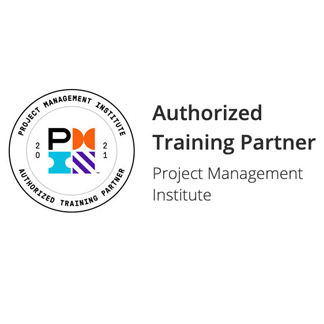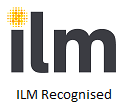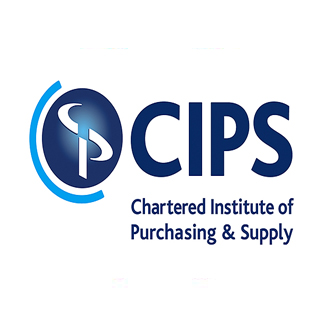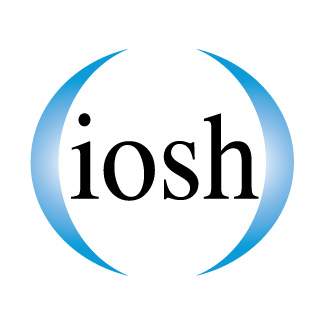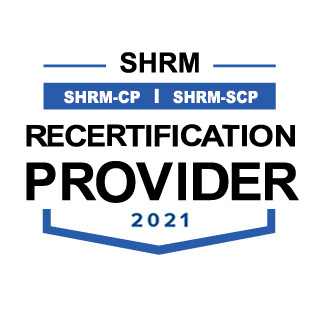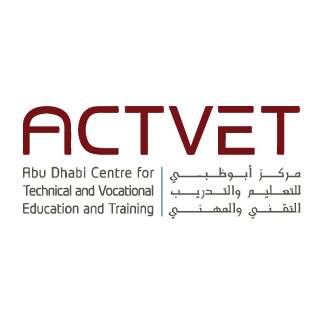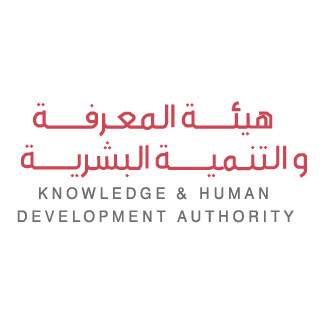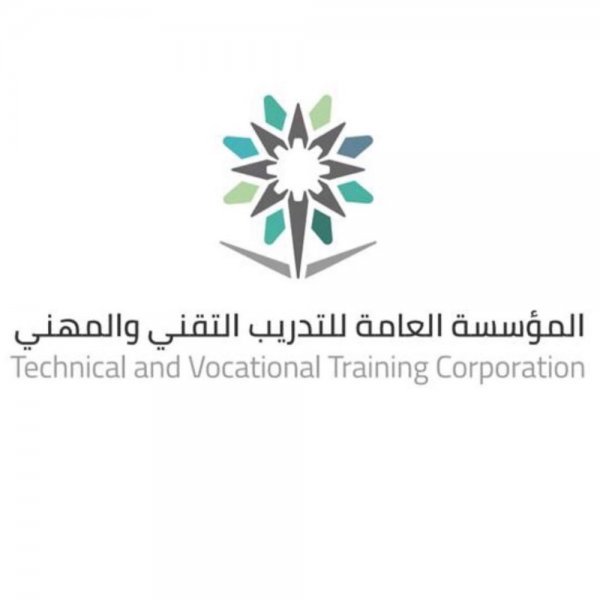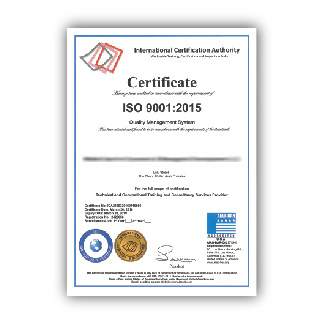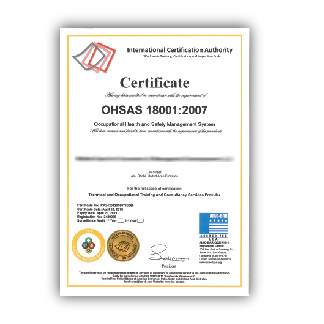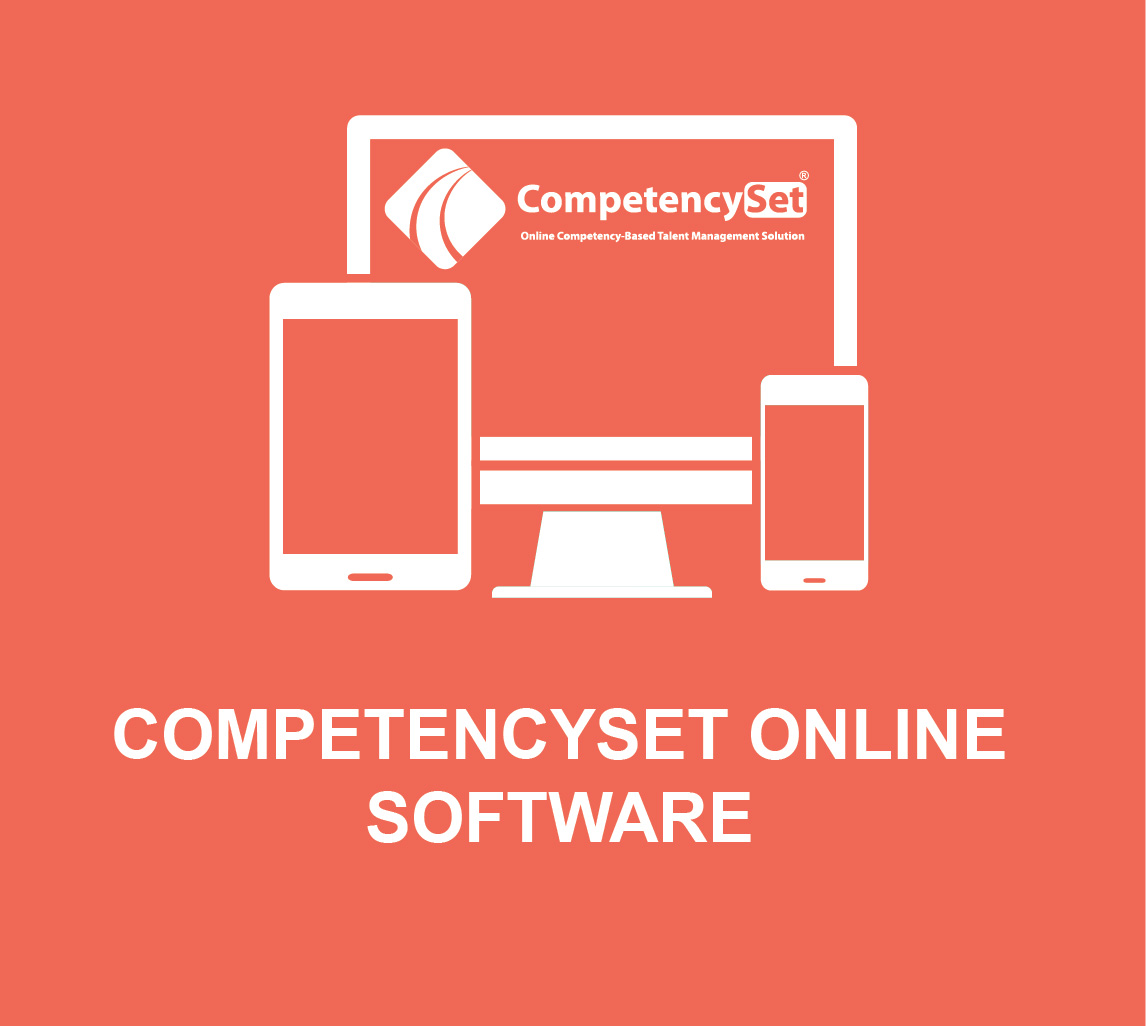Failure Modes and Effects Analysis (FMEA) and Reliability Centered Maintenance
| Start Date | End Date | Venue | Fees (US $) | ||
|---|---|---|---|---|---|
| Failure Modes and Effects Analysis (FMEA) and Reliability Centered Maintenance | 19 Oct 2025 | 23 Oct 2025 | Istanbul, Turkey | $ 4,500 | Register |

Failure Modes and Effects Analysis (FMEA) and Reliability Centered Maintenance
| Start Date | End Date | Venue | Fees (US $) | |
|---|---|---|---|---|
| Failure Modes and Effects Analysis (FMEA) and Reliability Centered Maintenance | 19 Oct 2025 | 23 Oct 2025 | Istanbul, Turkey | $ 4,500 |
Introduction
This highly interactive Failure Mode Effect and Criticality Analysis (FMECA) Facilitator Skills Training course will focus on the essential skills for a FMECA facilitator, supported by tailor-made exercises and constructive personal feedback. This intensive training course will also enable you to organize and represent the FMECA process in your company, explain every asapect of the FMECA method, and guide the process of gathering and verifying information in the FMECA and pursue an agreement.
Asset Management nowadays has to meet a broad range of business and SHE objectives of the company and therefore requires a multidisciplinary approach. FMECA, failure mode effect and criticality analysis, is a practical instrument to analyze and compile all these aspects in one overview which is comprehensible for all people involved in the asset management process, including those on the shop floor.
However, a FMECA facilitation is a complex task. One needs to understand the system with its functions on a conceptual level and must understand the explanations of experts about failures, preventive measures, and operational procedures. The facilitator should know everything about the principles of failure mode, effect and criticality analysis as well as the specific tools and templates which are used in the company.
Critical to success is a facilitator who is aware of the group dynamics during the FMECA sessions. The facilitator must be able to switch roles between attention to people, process and technical complex content.
This training course will highlight:
- The FMECA principles, methods, templates, and process (also Root Cause Analysis, Reliability Centered Maintenance)
- Theory: the analytical basis of ‘FMECA thinking’ – risk, functions, norms, causality, risks, criticality, preventive and corrective actions
- The Characteristics of FMECA Data Gathering: facts, level of detail, use of language in multidisciplinary teams
- The dynamics in multidisciplinary teams and thinking preferences
- Facilitator skills as systematic questioning, listening, recapitulating, dealing with frustrations, managing the process, flexible workflow, keep in control and delegate whenever possible
Objectives
- Knowing and understanding the FMECA and related methods in use in the company
- How to organize the FMECA process and involve participants
- Able to present and explain the FMECA tools and software
- Systematic questioning and judge information
- Able to validate the FMECA results with an expert group
By the end of the course, participants will be able to:
Training Methodology
This is an interactive course. There will be open question and answer sessions, regular group exercises and activities, videos, case studies and presentations on best practice. Participants will have the opportunity to share with the facilitator and other participants on what works well and not so well for them, as well as work on issues from their own organizations.
Who Should Attend?
Personnel who should attend are:
- You work in in the field of Maintenance, Operations or SHE / quality as a facilitator or team leader
- You are familiar with, or willing to learn the process of asset management and the tools in use
- You love to work with people and get the best out of them
- You feel the need to improve yourself in motivating teams and analyzing detailed information
Course Outline
DAY 1: Introduction to Facilitation Skills
-
Introduction to the Program
-
Introduction in the Key Roles of a Facilitator
-
Start Case FMECA (Problem Solving)
-
Theory Communication Process Model and Skills (Feedback)
-
Theory and Exercises in Asking Questions
-
Exercises in Problem Solving in an Expert Team
DAY 2: The Basics of the FMECA Method
-
FMECA Process a Template – All Aspects
-
Theory Ordering Information in FMECA (Analytical Grammar)
-
Theory Presentation Skills
-
FMECA Introduction Case
-
Theory and Exercises in Asking Questions
-
How to Make Teaches to Foster the FMECA Process
DAY 3: Introduce and Teach Your Own FMECA Process
-
Theory Thinking Preferences Ned Herrmann and De Bono
-
Theory Presentation Skills
-
Presentations and Teaches of Participants (Feedback Sessions)
-
FMECA Case
-
Exercises with Reluctant Behavior
-
Preparation of New Presentations and Teaches
DAY 4: Judge Information and Quality of FMECA
-
Theory of Stakeholder Management and Networking
-
Exercise Inventory of Stakeholders and How to Approach
-
Case: Challenge the FMECA (and FMECA’s of Participants) Focus on Decision Making
-
Theory Motivation Factors for Participants
-
Presentation of Participants FMECA’s (Feedback Session)
-
Theory Implementation and Project Management
DAY 5: Promoting FMECA Results
-
Overall Learning Personal Points and Feedback
-
All Presentations and Feedback
-
During Presentations Exercises based on the Learning Points
-
Celebrate Success


